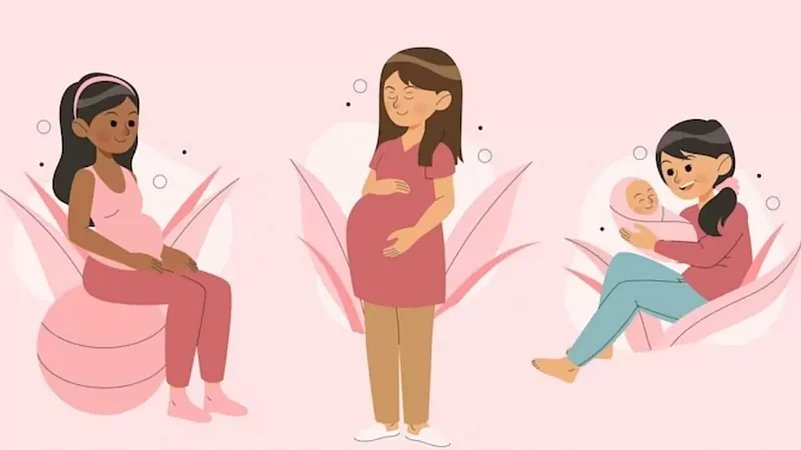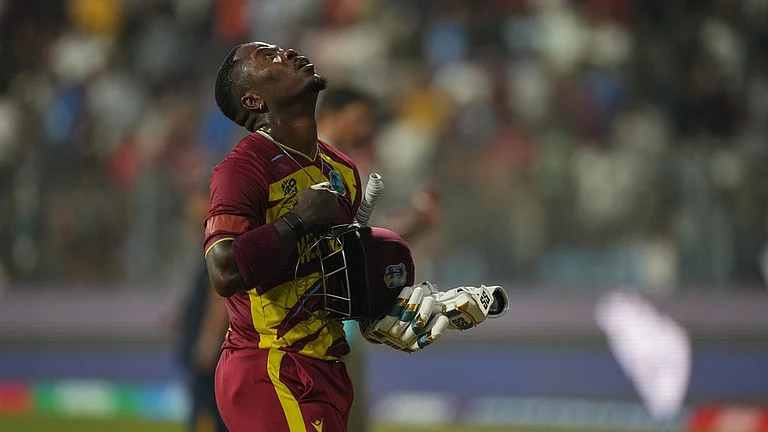Since the US Supreme Court overruled the federal constitutional right to abortion in Dobbs v. Jackson in late June, abortion laws and policies have been changing quickly across the country. Meanwhile, when it comes to minor abortions, most of the places in the States require parental involvement.
There are two categories under which the parental involvement laws fall into. While the first requires parental notification, the other category states that the minor would require parental consent before they undergo the abortion procedure.
According to the parental notification law, a written notification from the parent's end is required to be submitted to the service provider usually 28 to 48 hours before the procedure takes place. Meanwhile, the parental consent laws mandate that a young person obtain the permission of one or both parents before an abortion can be performed.
Meanwhile, there are various States that also require government-issued identification from the minor and parents when the procedure is about to take place. These identification documents should be provided to the abortion provider and or as part of notarizing the parental consent form. As per the Supreme Court's rule, the parent's involvement rule will not give them entire power over their child's decision to have an abortion.
In most states where the parental involvement law exists, it allows the minor to obtain an abortion without parental consent or notification by going through a judicial bypass process.
Meanwhile, parental involvement laws have always been a matter of discussion for people living in the States. The people who support this law say that this law is necessary to prevent minors from making any impulsive decisions regarding abortion. On the other hand, people who are against these laws say that the laws violate the privacy rights of minors and their right to make their own decisions about their bodies.


























